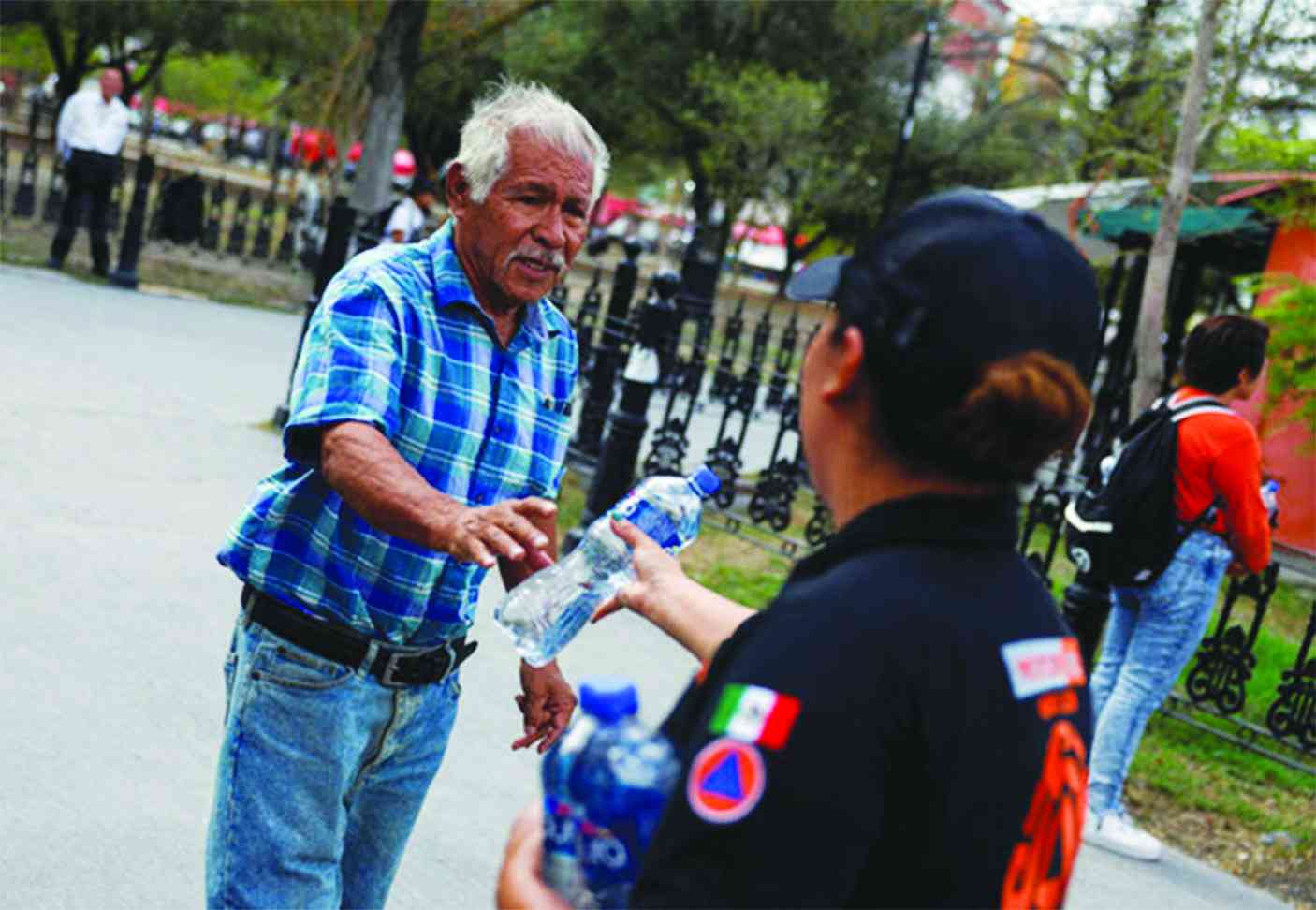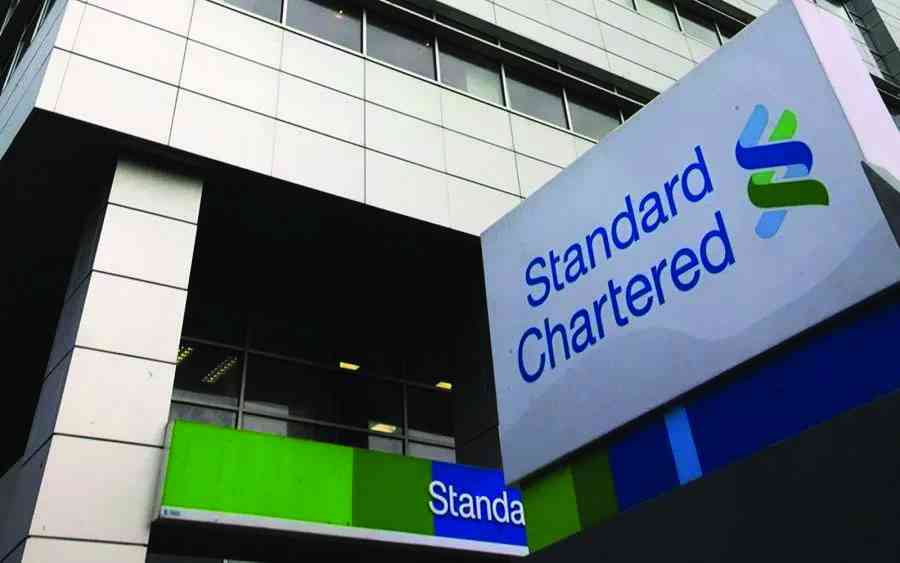
CORRUPTION is the abuse of delegated power for private gain. It involves offenses such as bribery, kickbacks, extortion and blackmail, embezzlement, maladministration (unreasonable, unjust or oppressive conduct), procurement irregularities, fraud, etc.
It is present in both the public and private sectors and can range from petty (very small) to large-scale (grand) corruption. Also, although the United States (US) invoked sanctions against some Zimbabwean dignitaries in March on accusations of corruption, decay is not alien to the United States itself.
For example, US Supreme Court judges, Clarence Thomas and Samuel Alito are known to regularly receive gifts from billionaires, such as Harlan Crow, the Koch brothers, Paul Singer and others, in what can be easily defined as a conflict of interest (relationships which undermine their efforts to perform their duties with impartiality).
For instance, after a fishing trip financed by Paul Singer in 2008, Judge Samuel Alito ruled in favour of Singer’s hedge fund in a case before the Supreme Court.
Clearly, if judges in the US Supreme Court are implicated in corruption, then it is a worldwide problem.
Need for a cost-benefit analysis
In trying to address corruption, before choosing a policy or tactical choice, it is crucial to have a balanced cost-benefit-analysis, which will then guide in ensuring that the best possible decisions are made. A look at what happened during the imprisonment of South Africa's former president, Jacob Zuma, can be adequately instructive.
He was arrested on July 7 2021 for failing to appear before a commission, which was investigating corruption that occurred during his presidency (from 2009- 2018).
- Cars up for grabs in batteries competition
- Teachers, other civil servants face off
- Veld fire management strategies for 2022
- Magistrate in court for abuse of power
Keep Reading
When Zuma was imprisoned, some troublemakers managed to take advantage of general discontent amongst his supporters to create an environment of anarchy in that country.
From July 9-18, 2021, people went on the streets to protest against his incarceration. The protests quickly turned into an wave of looting, violence and anarchy, as some rogue citizens began to break into shopping malls and various company premises to strip any assets of value, which they could find.
The protestors, thoroughly grew in number as they had overwhelmed the local police service, causing further destruction. To this day, some experts argue that the South African Police Service (SAPS) was complicit in that looting, as they were unwilling to proactively and aggressively respond, in the adequate measure to the threat at hand.
In the end, the violence cost 350 lives, with over 200 shopping malls and warehouses looted and at least 100 phone network towers and ATMs vandalised.
The unrest caused unprecedented economic damage with direct losses estimated at R20 billion(US$1,3 billion at the time), which was as high as 0,3% of GDP, in only those 10 days.
Overall economic impact, including indirect costs to the whole economy, was expected to be as much as R50 billion (US$3,2 billion at that time), which was a huge 0,8% (nearly 1%) of GDP.
Clearly, the costs of arresting Zuma, outweighed the benefits. Lives were lost, property was damaged and the economy ground to a halt. Thus, anti-corruption policies have to be carefully tailored, depending on the context (country) in which they apply.
Future Zimbabwean political leaders should also keep such knowledge, which will be useful in their judgment of how best to respond to corruption.
The fact of the matter is; people are not always equal. In that regard, persecuting or pursuing key political figures in the country, on account of issues such as corruption, may not be an ideal move.
The costs of pursuing such figures stand to overwhelm the benefits. On the other hand, some important national personalities implicated in wrongful activities have actually been responsible for the establishment of the state (Zimbabwe).
Thus, compromising their dignity will always place a smudge (terrible blemish) on the legacy and history of the country. Instead of arresting them, Zimbabwe is better off when they are free and honoured.
This is why it is important to fully comprehend that before deciding on a feasible anti-corruption drive. It is in this understanding that the future managers of the country's anti-corruption policy should then “draw a line in the sand”, and reset the anti-corruption drive so that it is time sensitive.
For instance, from a certain future date (for example April 18 2025) going forward, corruption must not be tolerated. Although a pardon might be given for undetected public sector corruption before the date (April 18 2025) anyone who engages in it after the stated date should be dealt the heavy hand of the law.
Why fight corruption?
There is an urgent need for Zimbabwe to boldly fight corruption, so that its worst effects do not continue to hinder economic growth and people's livelihoods.
According to Transparency International's Corruption Perceptions Index (CPI), Zimbabwe is one of the most corrupt places on earth, ranking a lowly 149 out of the 180 evaluated countries.
In as much as some would argue against the truthfulness of such figures, the lowly ranking will continue to work against the economy and the country's reputation.
Corruption increases the costs of doing business. For example, when bribes become a routine within an economy, it results in reduced private sector investments (both foreign and domestic).
Potential investors will hesitate to establish businesses in the country because they would be unwilling to take the risk of incurring great bribery costs, which are difficult to accurately calculate beforehand.
This then slows down economic growth. Other forms of corruption, such as tax evasion and money laundering also lead to reduced government revenues. Money, which was supposed to be taxed, for instance, would no longer be taxed due to its concealment by the corrupt.
Corruption makes productive economic activities unattractive. If the returns of corruption are more profitable than productive economic activities, more resources will flow from productive activities to corruption-focused activities.
This will also result in lower productivity in the economy, since at times, corruption involves no production of goods and services.
When there is widespread public sector corruption, the government will award unskilled and incompetent private companies the responsibility to build public goods and services (roads, clinics and schools, etc).
Such incompetent companies may also overcharge, underperform (providing poor quality goods) and delay in delivering the projects. That would imply a degradation in the quality of public goods and services.
There may also be an increase in taxation, as the government needs more revenue to repay the projects, which were established at inflated costs.
The combination of the effects of corruption such as lower economic growth, poor provision of public goods and high taxes, usually worsen inequality within a country, since they tend to make the rich even more rich, and the poor even poorer.
Such a state of affairs can lead to social unrest, which may eventually be displayed through protests or other subversive actions.
Corruption at the top also causes low-level officials, in both private and public sector, to be corrupt.
Ways to effectively fight it
Government officials should set a good example in order to enhance morality in the rest of society.
If they conduct themselves in an upright manner, it is easier for the rest of society to imitate them.
To ensure that government officials are not given to greed (corruption), they should also be paid handsomely for their work.
It is to the country's advantage, if members of parliament, the judiciary, cabinet and the presidency are amongst the highest paid, in the region, or even globally.
That would work to reduce their tolerance for corrupt activities, whilst protecting their dignity, at the same time.
Through time, the competitive remuneration approach may also be applied for all civil servants.
Also, complicated and unreasonable laws and procedures should be repealed. This would ensure that no one needs to be corrupt in order to access, whichever goods or services they need.
This includes laws on diverse issues such as trading in foreign exchange, acquiring of drivers' licences, registration of investment projects and even indigenisation laws.
This is because a heavy legal environment is one of the major drivers of corruption in society.
The police, non-governmental organisations (NGOs), journalists and the public, should be allowed to play their oversight role, of investigating both public and private sector activities, to ensure that corruption is monitored and curtailed.
Also, whistle-blowers, who draw attention to where corruption is occurring in society, should be adequately safeguarded. If they lose their job or are suspended, for reporting corruption occurring at their workplace, the government should have a framework (plan) to ensure that they are compensated, even directly from government funds.
When the whistle-blowers need to travel for court proceedings or incur any expenses in helping the state to convict (jail) the corrupt, their expenditures should be reimbursed.
To make their role more central in the fight against corruption, when funds are recovered which could have been lost to corruption, the whistle-blowers can also be given an additional financial reward.
They (whistle-blowers) can also be included in national merit awards, such as “Order of the Great Zimbabwe”, “Order of the Star of Zimbabwe”, “Robert Mugabe Commendation Award”, “Medal for Meritorious Service”, etc.
Amongst offenders, money may also be given to the first self-reporting offender, as this would maintain an environment of distrust amongst criminals.
As long as corruption is rife, convictions should be made, so that offenders go to prison or make restitution.
This means that the criminal justice system (police, government lawyers and judges) should be monitored and protected, so that they can effectively deliver in their roles, which include apprehending and jailing the corrupt.
Rwanda and Indonesia, who have existing cooperation agreements with Zimbabwe (in healthcare and other areas), can also be engaged to provide lessons on how they managed to successfully curtail corruption in their territories.
Ultimately, at some point the country will need to decide to protect and promote constitutional order. Without that, the country may turn into a failed state or worse, a “gangster state”, where outright criminals have strong influence over government officials.
That would be regrettable since such as state would not work for the vulnerable in society, who include those without political power and the poor.
Tutani is a political economy analyst. — [email protected]










